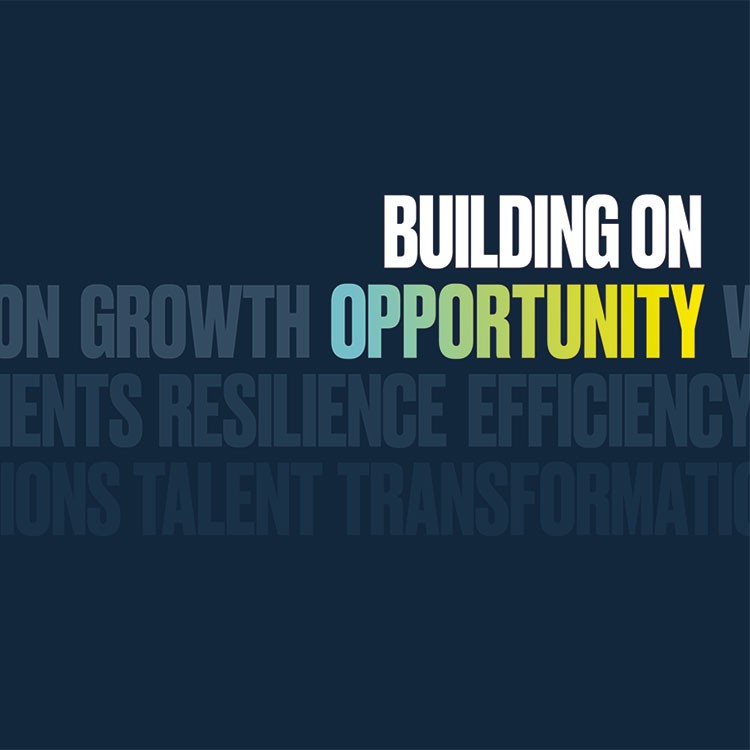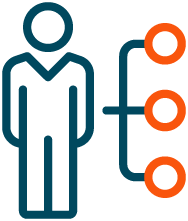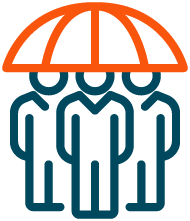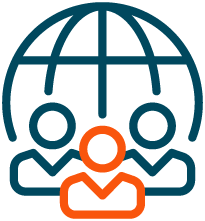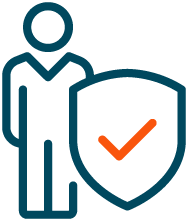Goal: As part of the director recruitment and refreshment efforts for the parent Board of Directors, continue to ensure that candidate slates include individuals with diverse backgrounds and perspectives in order to maintain the Board’s diverse composition
Key Performance Indicators
- Review at least annually the diversity criteria applied by the Board in its process of evaluating the qualifications of potential candidates
- Integrate into the evaluation of external search firms’ performance a review of such firms’ capabilities in developing diverse candidate pools
Goal: Formalize proactive outreach program to engage stockholders on ESG performance
Key Performance Indicators
- Increase proactive engagement with top stockholders on ESG topics
- Enhance integration of ESG content in public reporting, including but not limited to BNY Mellon’s Proxy materials



